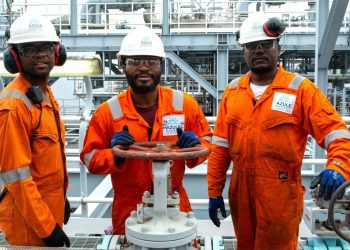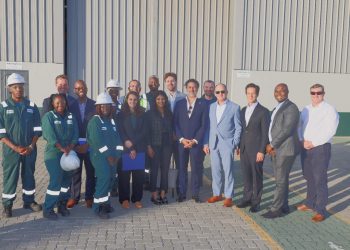
Economist Robin Sherbourne says Namibia should place greater emphasis on gas development, arguing that it offers far more potential to create jobs and local economic benefits than oil.
Speaking on BW Energy’s Kudu gas project, Sherbourne stressed that oil may generate significant government revenue but will deliver limited direct employment. By contrast, he said gas development could play a transformative role in creating sustainable onshore jobs.
“BW Energy is set to resume construction this year, which could lead to an expansion of the Kudu 1.3 trillion cubic project. Gas remains a key issue; while oil can be exploited more quickly than gas, gas is generally perceived to have much greater potential for creating onshore jobs in Namibia,” Sherbourne said.
He pointed to international examples such as Qatar, where the gas industry has become a major source of local employment.
Sherbourne noted that industry projections show the first phase of offshore oil projects, representing a US$15 billion investment, will generate about 600 direct jobs in Namibia.
However, he said most skilled positions, particularly on floating production storage and offloading units (FPSOs) and shuttle tankers, will require international staff. “It will likely take a 10-year training programme before Namibians can fully staff these roles. Lessons from Senegal’s offshore industry illustrate that developing local capacity is a long-term process,” he said.
He also cautioned that while oil will bring royalties from the moment of first production, substantial tax revenues will take years to materialise. “The government will start receiving royalties from the moment of first oil, ranging from 1.5% to 5%, but the main revenue, from petroleum income tax at 35% of profits, comes only after the initial $15 billion investment and exploration costs are recouped. This is projected to take about five years, meaning significant tax revenue might not arrive until around 2035,” Sherbourne said.
Sherbourne added that Namibia’s ability to harness gas effectively, alongside transparent management of oil revenues, would determine whether the country secures lasting economic benefits from its natural resources.







